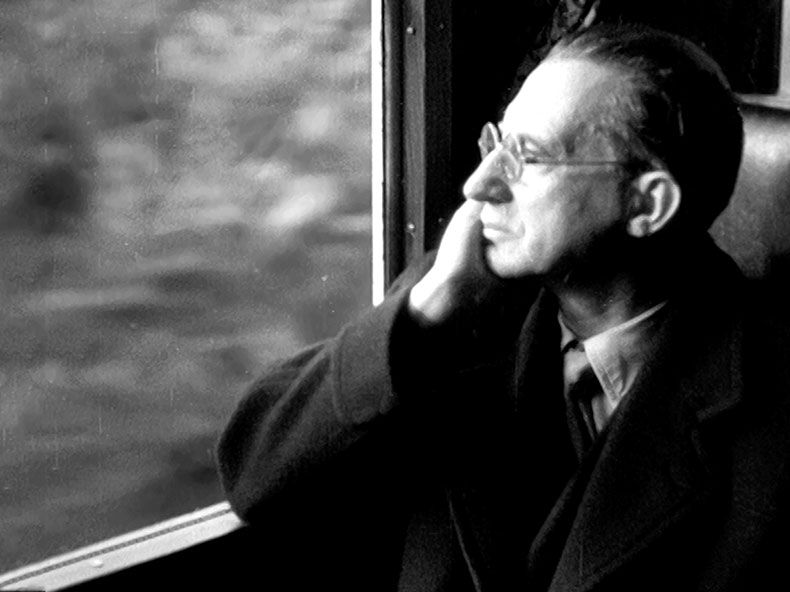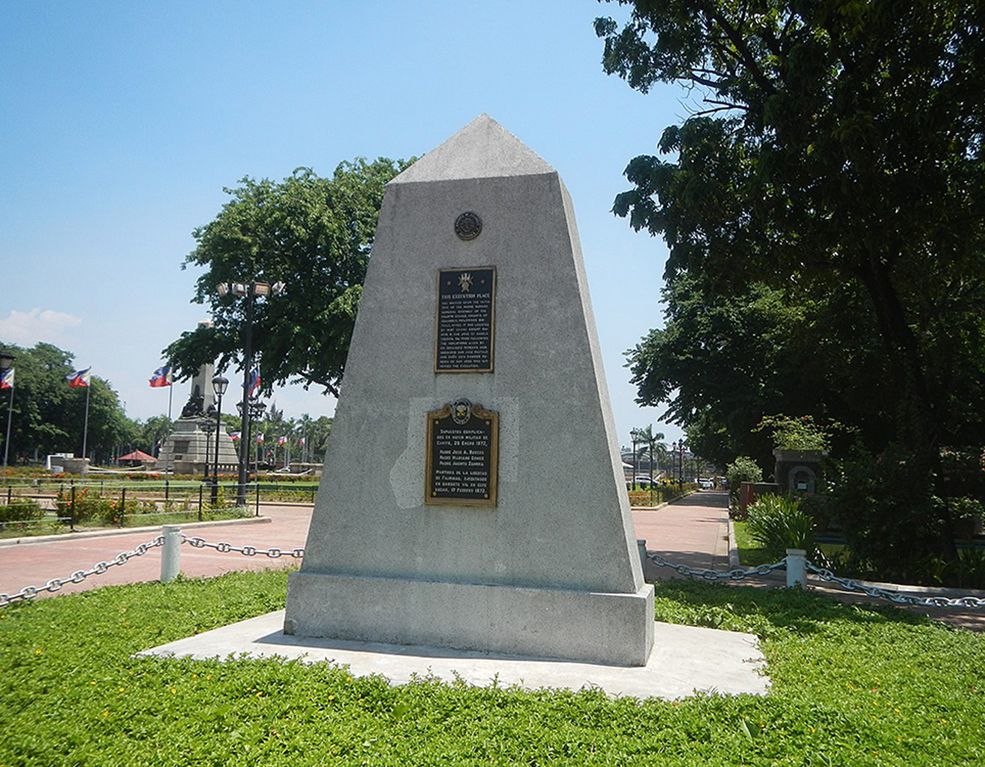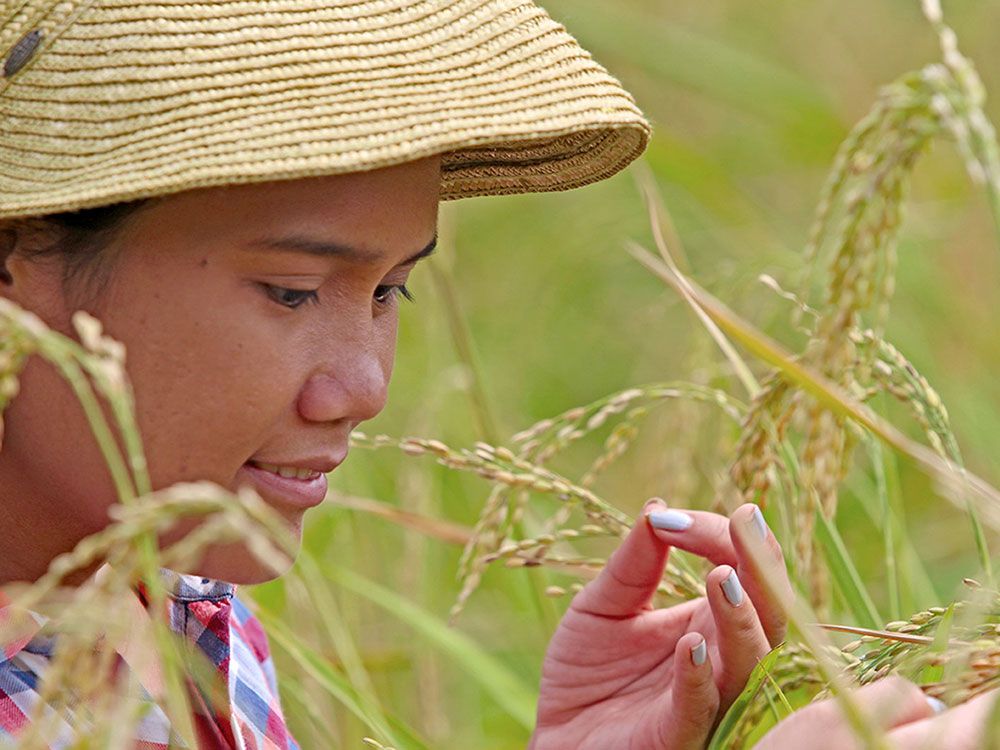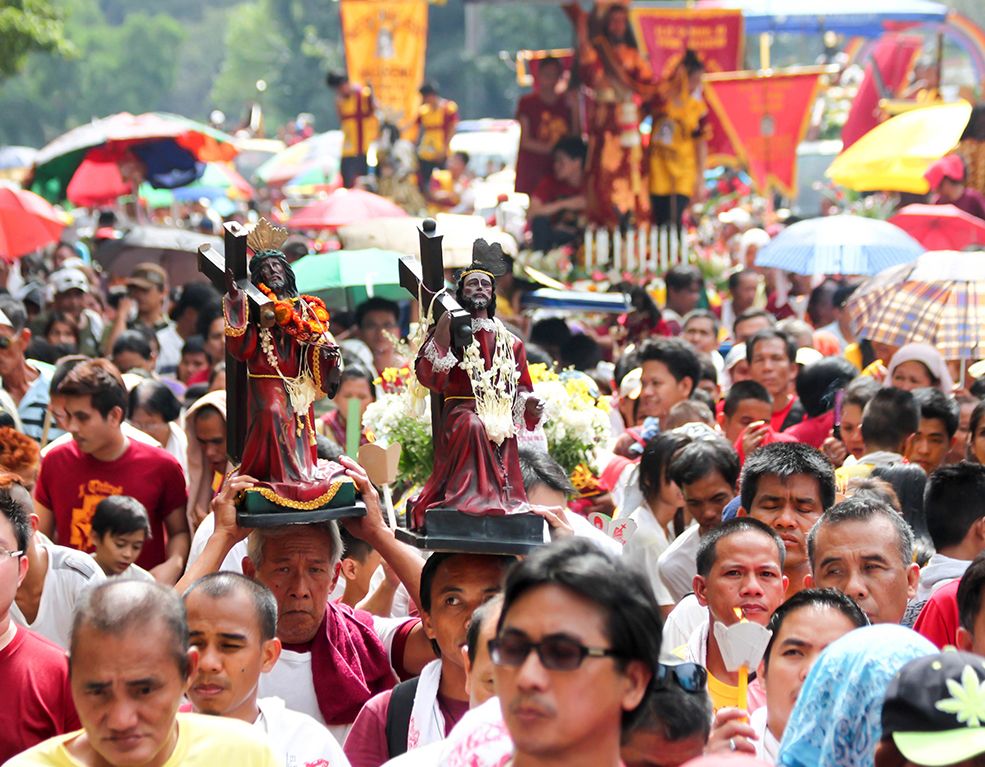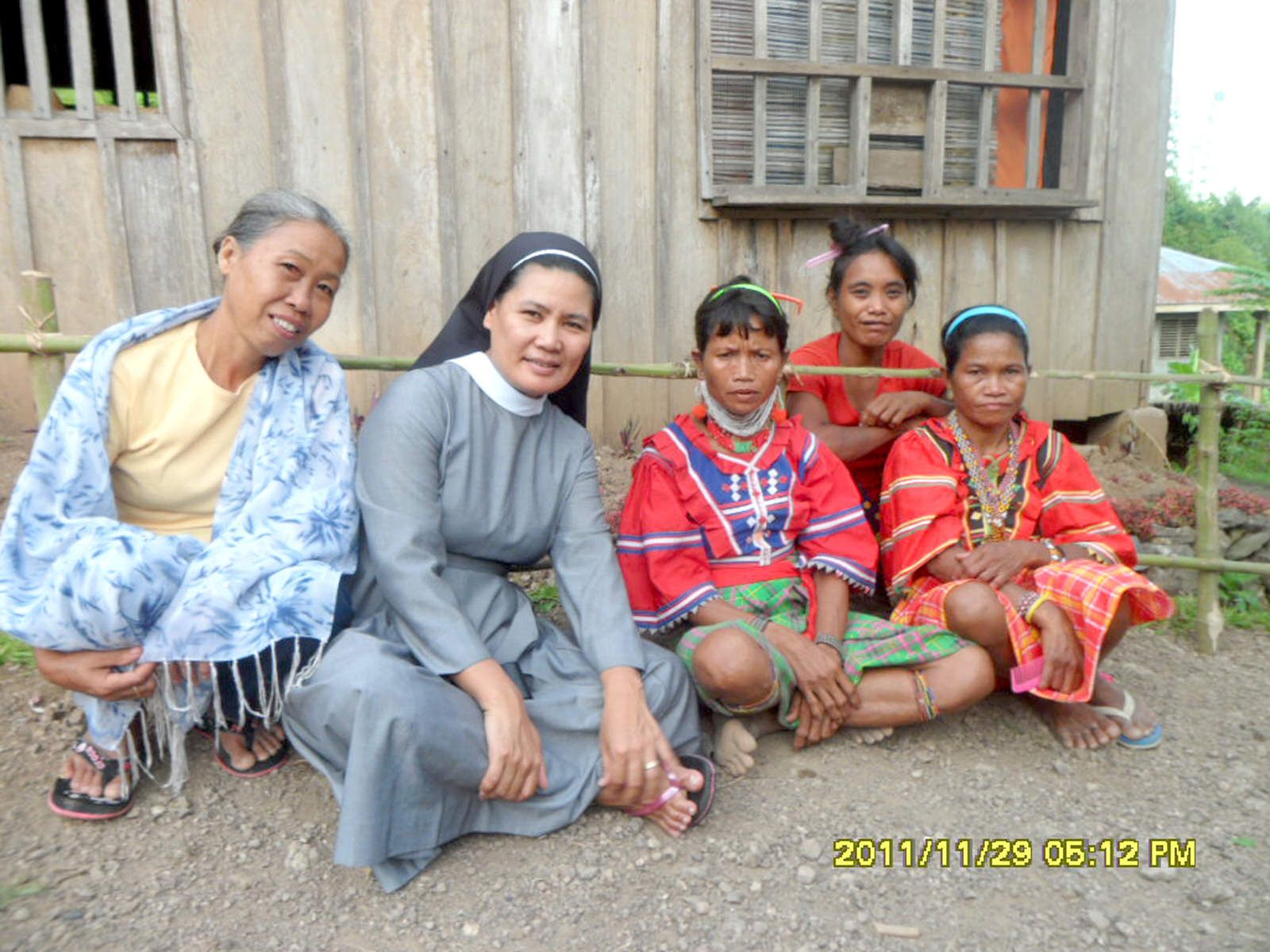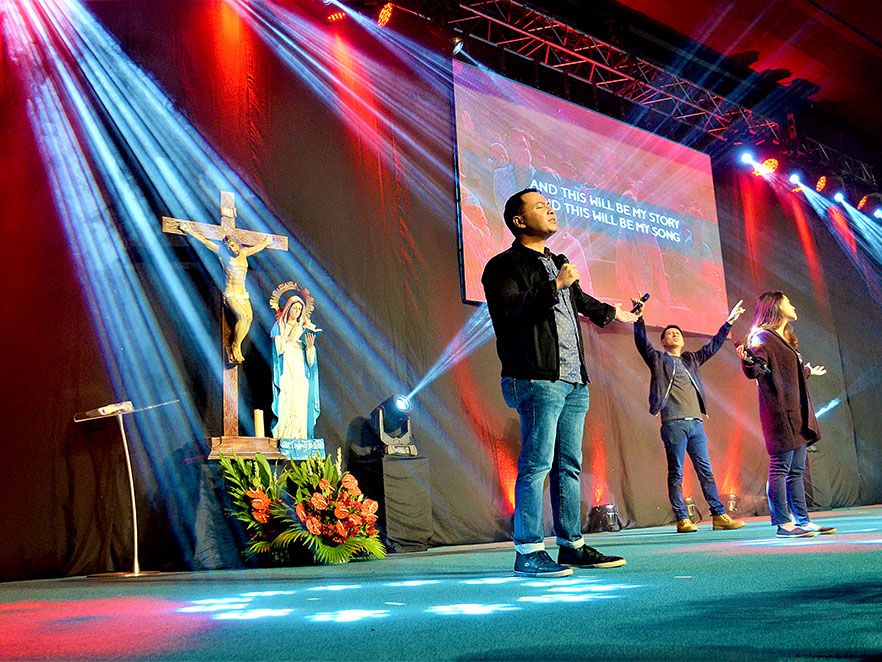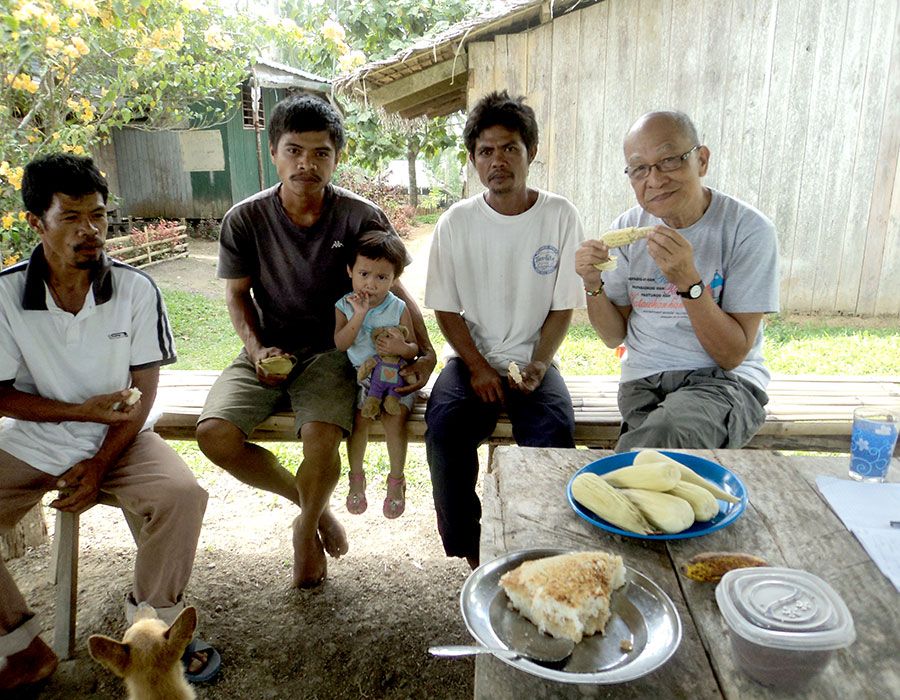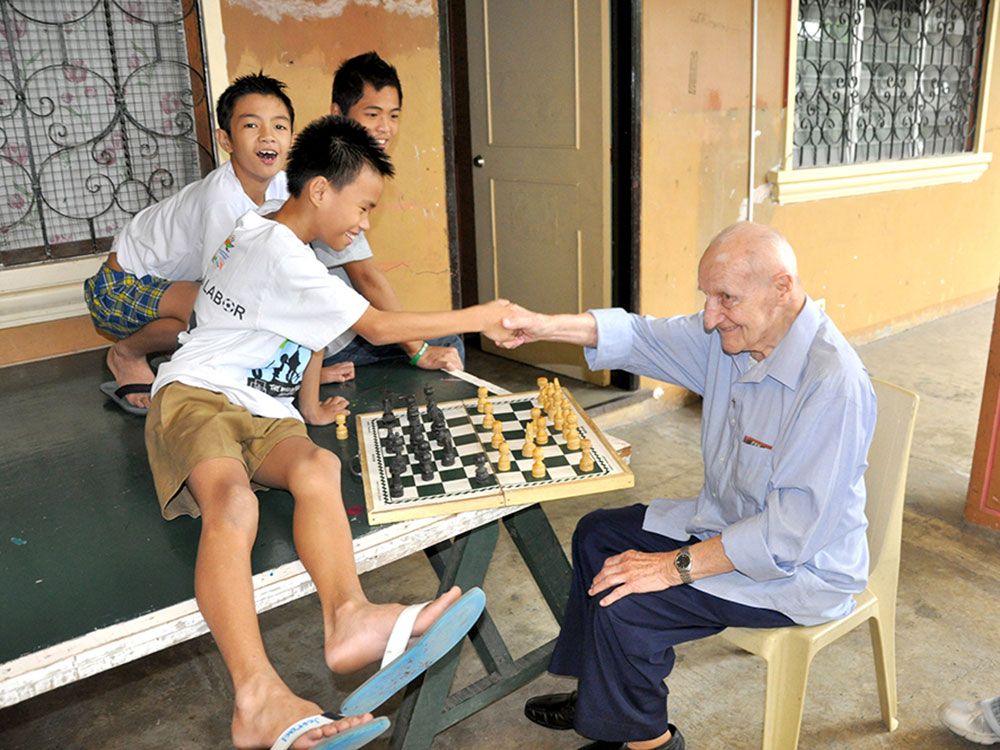After emerging from a face-to-face meeting with six drug users, Sr. Maria Juanita Nenet Daño heaves a small sigh of relief that perhaps these men will not meet a bloody end like dozens of others in the San Andres Bukid slum area in Manila, where she works. They have come forward to undergo counseling, hoping to change their ways and avoid becoming victims in the government’s ongoing anti-drug war.
Still, the sister of Our Lady of Charity of the Good Shepherd sees danger ahead for the self-confessed drug users because their names are on the police list. This means they are marked men, targets in massive police operations called Oplan Tokhang (Tokhang is a contraction of the Filipino words that mean “knock” and “invite”), which have been in force since Philippine President Rodrigo Duterte took office in July 2016.
Summary executions
Depending on who is counting, the anti-drug war has claimed from 2,000 to 7,000 plus lives, both in police operations and vigilante-style or extrajudicial killings, carried out without any due process. Daily news reports carry incidents of summary executions whose perpetrators are unidentified. The killers often leave a note that the death is drug-related.
On the night of July 9, about five kilometers (3.1 miles) from Daño’s area, a man was killed in front of the Pope Pius XII Catholic Center where the Catholic Bishops’ Conference of the Philippines (CBCP) , had just finished their meeting and election of a new president for 2018 and 2019. Daño and her group of lay partners had also just ended their prayer vigil there.
Archbishop Socrates Villegas, president of the bishops’ conference, who finishes his term in December, reacted swiftly to the recent killing: “We cannot be reconciled with this situation. Silence in the face of this horrendous deed is complicity,” he said in a Facebook post that was picked up by the media. “Let the public outcry reach all concerned, for there must be an outcry. To us all is addressed that voice from heaven: ‘The blood of the brother you have slain calls out from the earth.’ “
As early as August last year, the Association of Major Religious Superiors in the Philippines, which includes both women and men religious, had issued a strong statement denouncing the killings. The CBCP also issued a pastoral letter dated January 30, 2017, against the “reign of terror” sweeping poor areas. On July 14, the Association of Major Religious Superiors in the Philippines, in their Joint Biennial Convention Statement, expressed “solidarity with victims of human rights violations and their families, especially the victims of extrajudicial killings.”
Grassroots ministry
Daño, a licensed social worker, has been doing outreach work since 2011 in San Andres Bukid, said to be the second most populous area in the Manila Archdiocese. She had spent eight years as missionary in Senegal, returning to the Philippines in 2011. She worked in the sisters’ infirmary for two months before joining the Welcome House/Tahanan, which is one Good Shepherd community with two locations.
Daño works as a counselor at Welcome House/Tahanan but spends half of the week in San Andres Bukid some three kilometers (about two miles) away. Tahanan (which means “home”) is an outreach center that serves as an office, meeting place and Daño’s sleeping quarters when she is in San Andres Bukid, located in a low-income tenement building built by the archdiocese. She is the only Good Shepherd sister working in that area.
San Andres Bukid is congested and overpopulated. There are 26 barangays, the smallest government unit which can vary in size and population, in San Andres Bukid; 11 of them are headed by elected women.
Lay partners
Helping Daño in her ministry is a group of women called Good Shepherd lay partners. These lay partners help gather members of families affected by killings for media interviews. One of the interviewees, Amina Merced, lost her two adult sons and a brother to a police operation in January.
“I was told that two of them, my son Leo and my brother Bimbo were asleep, while Joshua, my other son, was taking a bath and was naked when shot,” she said. “Bimbo was mistaken as his brother Crisanto who was being hunted. I rushed back and found blood all over the wall in our house.” The police had taken their bodies to a funeral parlor that charges 66,000 pesos ($1,320) per body for funeral and burial services, she said, adding she had to borrow money for the burials even when the price was lowered.
The oft-repeated police reason for the killings is that the suspects “fought back,” but in most raids, usually at night, the target suspects are unarmed or even asleep. As to unknown assailants in vigilante-style killings, people can only speculate whether the hired killers are from the police or drug lords, who both want to silence their operators.
The women lay partners and volunteers assist with funerals and join protests. They undergo paralegal training so they can document cases, and help grieving families. They spoke about their first-hand experiences of the drug war, but for security purposes asked not to be identified by their real names. “Ely” says she has had to comfort mothers of those killed and grieves with them. “I am a mother, too,” she says. “Some nights it is hard to sleep when you hear little noises” that might signal a police raid nearby.
Paralegal training
The women, mostly middle-aged, have undergone paralegal training for those who, like them, have no college education but are eager to learn. The Free Legal Assistance Group (FLAG), composed of human rights lawyers including a law dean, has conducted a seminar for them.
“They can now write fact sheets but in Filipino,” Daño said with a hint of pride in her voice.
Sr. Regina Kuizon, provincial leader for the Philippines and Japan, and co-chair of the Association of Major Religious Superiors in the Philippines, is supportive of Sr. Nenet’s ministry. “Like Jesus the Good Shepherd, Sr. Nenet reaches out to the most in need and the victims of extrajudicial killings,” she said. “Undaunted, she speaks on their behalf and takes the risk to protect them. I pray for her and all those who are fearless to be on the side of the poor in our country.”
A vocal critic of the bloody drug war of the Duterte government, Daño recently posted on her Facebook page: “Here in my area the morgues are happy when drug suspects are killed and brought to them. The poor families sometimes leave the dead there as they cannot afford to ‘ransom’ their loved ones.”
Long wakes that last more than one week are common in depressed areas as bereaved families try to raise enough money for burial expenses.
In a follow-up interview she cited a recent casualty. “He was a 49-year-old father of two, a person with disability and known to rent out his place for drug sessions. He charged 20 pesos per person. He was sleeping in the alley that night. The raiders took him inside the house and killed him there. The police said he fought back. How could he fight back when he couldn’t even raise his withered hand?”
Daño said that she is collating all her cases of extrajudicial killings for her congregation and others to read. But her main focus is to stop those who are addicts from becoming victims in the government’s war on drugs and to live drug-free, meaningful lives. “When I brought a 14-year-old girl for drug rehab to the Department of Social Welfare and Development office I was told they did not have a budget for even a drug test that cost ten dollars,” Daño said. “I told the social work official that the government has no intention to let the addicts live.”
This shortened article is used with permission and originally appeared on Global Sisters Report, www.globalsistersreport.org









